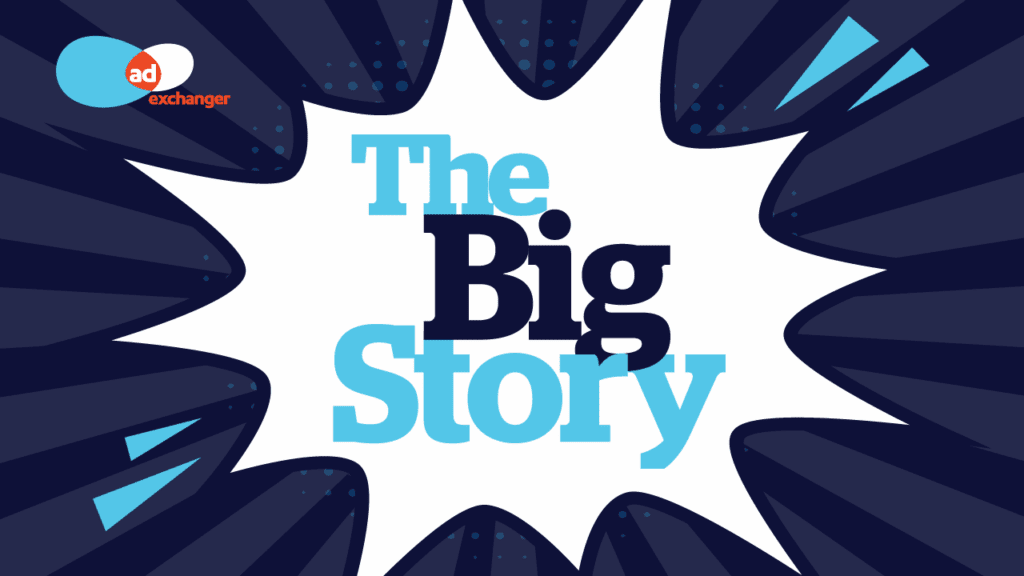Web site data collection has gotten more complicated over the years, as reliance on those metrics has grown. Where once site owners used to examine web server log files to see how visitors were interacting with their sites, nowadays that job is done with web tags: small pieces of JavaScript programming code placed within the HTML of a Web page.
More useful than server log data and easier to read, at least in concept, web tags have been particularly useful as sites continue to build features and functions into their online presences. Web tags can be easily integrated into a wide range of marketing tasks, from behavioral targeting and web analytics to ad serving, affiliate marketing, and search marketing. Just about any measurement that can give marketers a view of the performance of their interactive marketing efforts may be founded on a web tag. In particular, using tags to attribute sales and other conversions to specific channels has allowed web marketers to optimize their online spending, directing dollars into the channels producing the most impact.
"Tags were created as a fix to a problem 13-14 years ago," says Paul Cook, CEO of TagMan, a tag management solution provider. "Companies wanted to find ways to share data with third-party organizations that could then report whether their marketing was working. Since the only real online marketing was done through banner ads, you only had to put one tag on one conversion page, and life was simple." Nowadays, online ads can appear on networks, in search, in social media or in email.
But multiplying web tags also mean a growing number of problems associated with that increase: impaired visibility, the risk of errors and waste based on faulty or old tags, and slow-loading web sites weighed down with tags that no longer serve a useful purpose.
Enter tag management solutions, platforms that let marketers create, manage, monitor and take down web tags without calling on resources of the IT department. That's what TUI Travel Plc is using the TagMan platform for on all the sites run by its Specialist Holidays Group (SHG). U.K.-based TUI operates in more than 180 countries and 27 key source markets, and its Specialist Group offers ski, destination and luxury holidays under a number of brands, including Crystal, Hayes & Jarvis and Citalia.
Specialist had been deploying and managing tags for those sites and others on both site-specific and channel specific bases—different management for campaigns in display, paid and organic search, affiliate marketing, retargeting, social media and email. In January 2011, SHG contracted with TagMan to manage the tags on its web sites.
"I'd love to say that we were looking for the most amazing tech solution to marry up a single view of how customers travel through our sites," says Tess Bedard, head of online marketing for SHG. "But our first driver was trying to reduce the overspend on our affiliate program." Most affiliate agreements pay for the last click that brings visitors to a site, but discounting duplicate ads on a site posed real budgeting problems for the firm. Even more, the inability to track conversions back from that last click—say, to an email or paid search ad that led to retarget a prospect—concealed a view of the true integrated performance of SHG's online marketing.
Working with SHG, TagMan placed its proprietary tags on all its brand sites, removing the existing third-party tags. The TagMan tags were then housed in the provider's independent tag management and reporting system, where they were able to report not only last-click conversions but also assisted conversions in which an ad channel played a role on the path to conversion. The unified reporting interface was also able to produce attributed conversions, awarding partial credit for all user events that took place on the way to a sale.
The results have been more than satisfactory, Bedard says. In the last year SHG has been able to reduce affiliate commission payments by 30% through better de-duping. Beyond that, the heightened visibility into channel impact has led the group to triple spending on paid search ads and to increase spending on search optimization by a factor of six, and to make improved SEO rankings for its web site a major internal goal.
One additional benefit from implementing a dedicated tag management platform has been that tags can now be created and torn down quickly and easily—important in a field such as travel, where offers come and go quickly.
"Our sites have at least two release dates per week," says Bedard. "For each, those offers have to be set up with tags, and it was very frustrating to have to wait for those dates. Now we can just change those tags whenever we want to, and correct them quickly if something is wrong. It's made us much more nimble, and more competitive."



